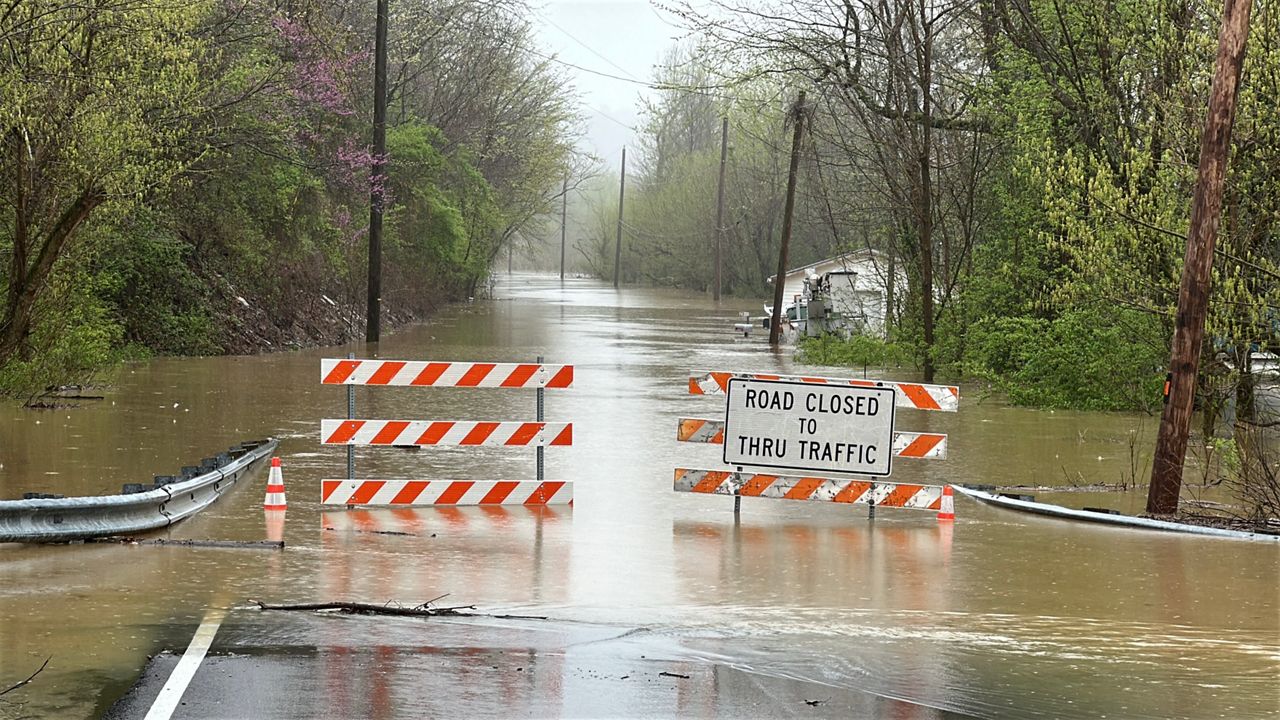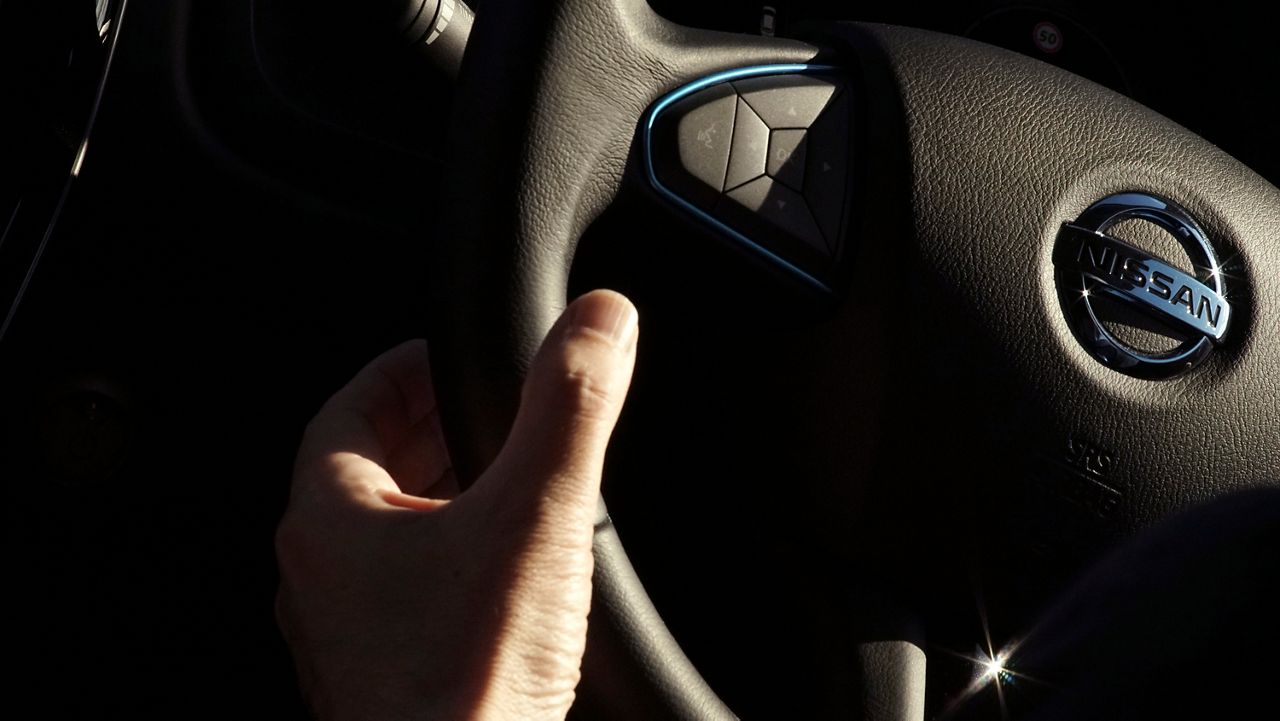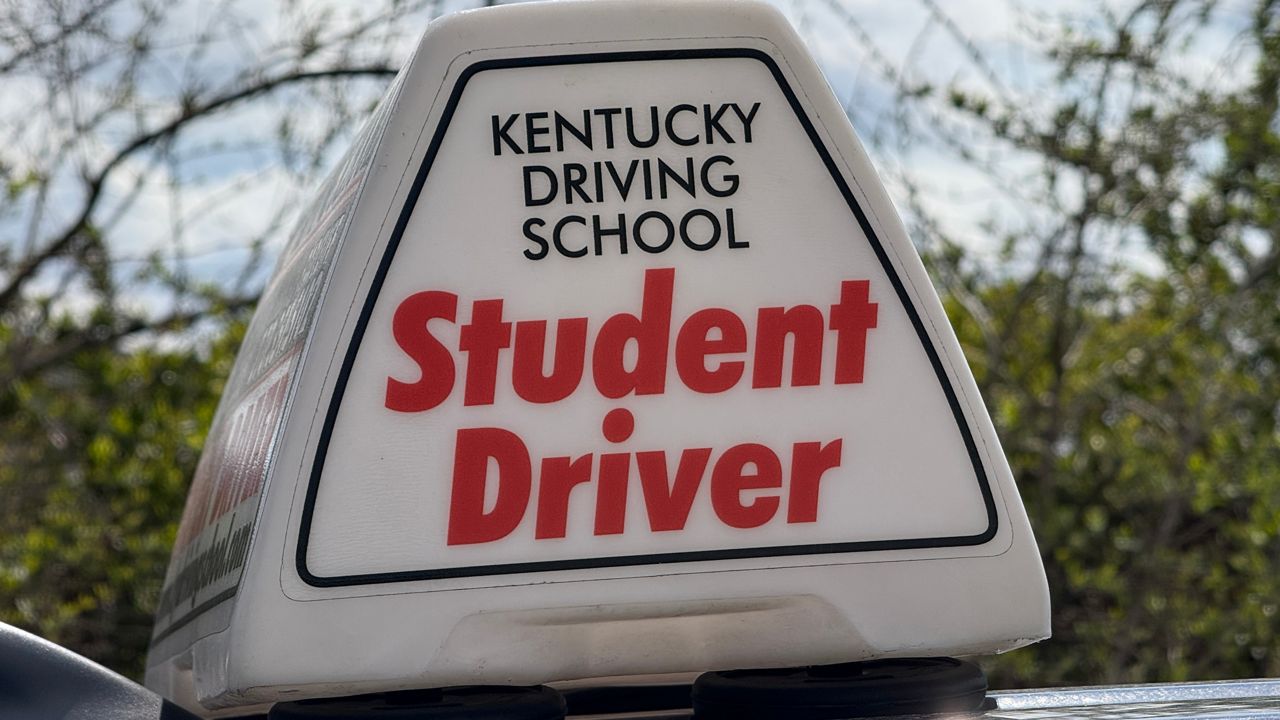FRANKFORT, Ky. — Gov. Andy Beshear outlined a new system where the Department of Juvenile Justice will operate three high-security detention centers for male juveniles 14 years of age or older who have been charged with offenses indicating a higher potential for violent, disruptive behavior.
The announcement from the governor came after reporting from our partner, the Herald-Leader, describing a string of dangerous attacks and riots in juvenile detention centers. The centers are also reportedly severely understaffed.
“The current juvenile justice system has been in place for over 20 years, and it has not evolved to fit the needs of today’s at-risk youth and adequately respond to increased youth violence and involvement in gangs,” said Beshear. “A new detention classification system will allow DJJ and the commonwealth to better enhance public safety while ensuring that Kentucky’s youth have the tools and opportunities for a successful second chance.”
Last week, Beshear said the existing regional model system is outdated and has hindered the ability of DJJ to ensure the safety of youth and staff.
In his announced on Thursday, he provided details on the three facilities designated as high-security and how they were selected based on the current charges of the youth population, number of detention center beds available and proximity to highways.
Males 14 or older who have been charged with a violent or serious offense (Capital, Class A, B or C felony) will soon be housed at:
- Adair Regional Detention Center
- Fayette Regional Juvenile Detention Center
- Warren Regional Juvenile Detention Center
Male juveniles younger than 14 or who have been charged with a lower-level offense (Class D felony or lesser offense) will soon be housed at:
- Boyd Regional Juvenile Detention Center
- Breathitt Regional Juvenile Detention Center
- Jefferson Regional Juvenile Detention Center
- McCracken Regional Juvenile Detention Center
Males ages 14 or older charged with a Class D felony involving unusual violence may be assigned to a high-security facility.
Males younger than 14 or charged with lesser offenses who engage in violent or disruptive behavior while detained may be moved to a high-security facility.
The target date for the change is Jan. 2023.
DJJ Commissioner Vicki Reed said that the move would help ensure the safety of both the youth and staff in the facilities. “The increase of violent youth in our DJJ facilities calls for new tools and training to assure the safety of our workers and the more vulnerable youth in our care.”
As of Dec. 14, DJJ had 171 male juveniles housed in detention centers throughout the commonwealth. Of these males, 82 have been charged with certain violent or serious offenses and 89 have been charged with lower-level offenses.
For the new system to best succeed, officials say the department will need to hire additional staff and expand training requirements. DJJ is also working to offer increased salary for staff at higher security detention centers. Beshear also said he will call on the General Assembly to adequately fund a DJJ transportation unit to improve transportation for juveniles in custody.
The department is looking to fill over 105 full-time jobs throughout the state’s eight juvenile detention centers to address the staffing shortage. Hourly pay starts at $21.45 and new hires receive a 5% pay increase after working for one year.
The governor signaled a firm commitment to improving the juvenile detention system across the board. “I will not sit back and allow another staff member to be violently attacked without any defense,” he said. “DJJ facilities will now be equipped with protective equipment. We are also exploring the possibility of equipment, such as tasers or pepper spray, and are purchasing body scanners to be placed in every detention center to help eliminate contraband coming into the facilities.”









